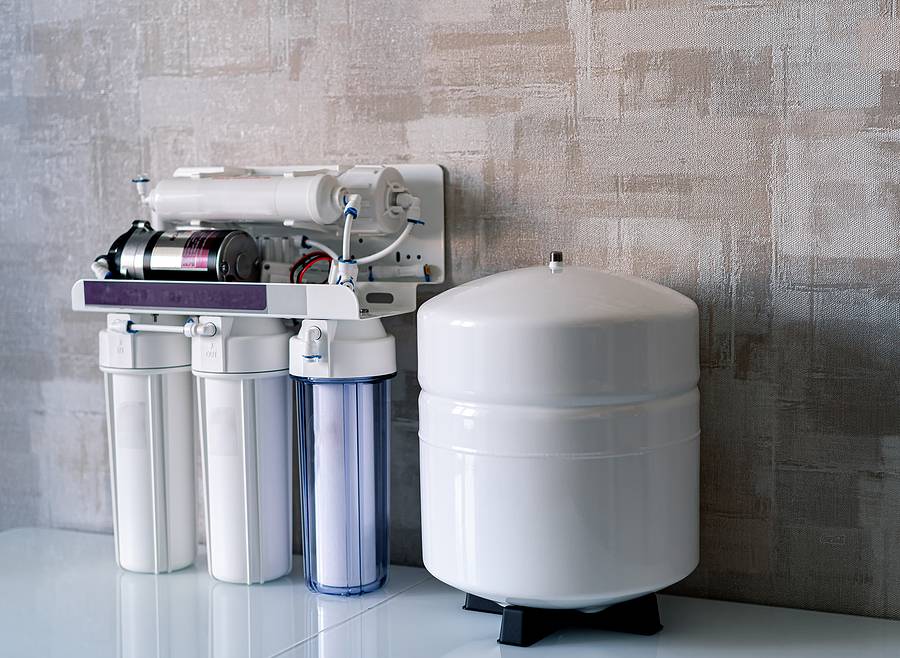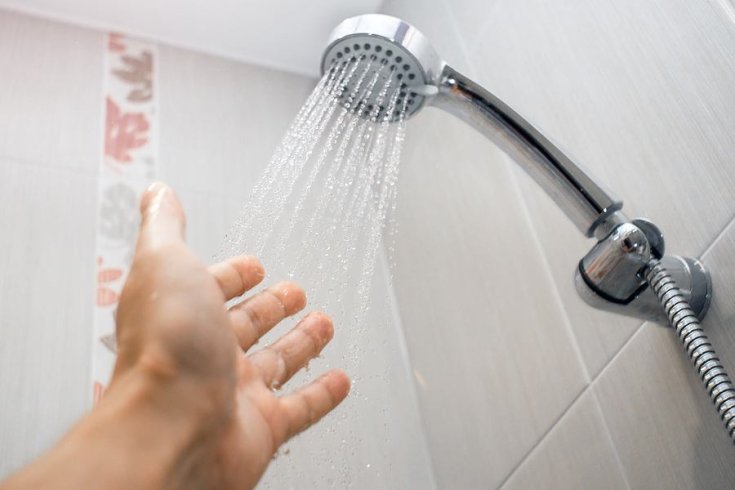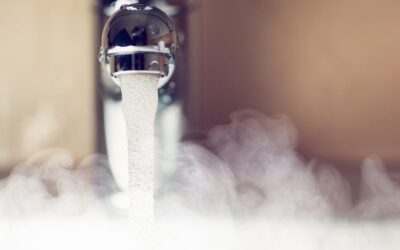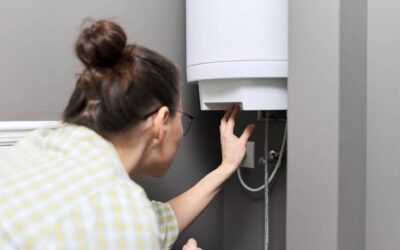Many people who want to purchase a whole-house water filtration system may find it somewhat confusing, but it doesn’t have to be. Here’s what you need to know so that you don’t get lost in all the options and features right away. The following is a guide to help you determine the right system for your home.
Understand Your Water Quality
Before you buy a filtration system, you need to know what is in the water that you are going to filter. You can get a copy of a water quality report from your water supplier or use a home test kit. Search for chlorine, lead, bacteria, iron, and sediment, which are the most common contaminants. Knowing your water quality means you can make the right choices when selecting a system that addresses the particular contaminants in your water.
Determine Your Filtration Needs
They are not the same as different water filtration systems that exist in the current market. Some are specifically meant to filter out certain substances, while others are meant to filter out a number of substances. If your water has high chlorine content, then you will need a system that has activated carbon filters. Concerns such as hard water may call for the use of a water softener. If bacteria and viruses are a problem, choose a system with UV filters or reverse osmosis. Here, we will help you find a system that best suits your problem concerning water.
Consider the Flow Rate
The flow rate is the rate at which the system can filter out water in a minute. Different households will require a different flow rate. A low flow rate can prove inadequate for all your fixtures, particularly during periods of high usage. Look at your home’s water consumption and determine the right flow rate for your system. For instance, a family of four may only require 10- 15 gallons of water per minute (GPM).
Assess the System’s Capacity
Throughput means the volume of water that a filter can filter before it becomes useless and is disposed of. Larger-capacity systems need the filter change less often, which makes them more convenient and economical to maintain. The most appropriate filter capacity for most homes is about 100,000 to 150,000 gallons. This is roughly equivalent to one year of usage, and after this time, it is recommended that the filter be changed.
Check for Certification
Ensure that the system you select is certified by a standard organization like NSF International. Certification affirms that the product has undergone an examination and has been verified to have certain levels of contaminants removed. A certified system assures you that the filter will do what it is supposed to do and eliminate the contaminants listed for your water.
Look At the Issue of Installation and Maintenance
Some are quite simple to install, and you might install them on your own, while others may need the services of a professional. Also, one has to take into consideration the costs of maintenance. Those systems that incorporate several filters are likely to require frequent replacement, which can, in the long run, prove costly and tedious. Select a system that you are capable of installing and/or maintaining or are willing to seek the services of a professional.
The Entire Cost of the System and the Filters
A whole-house water filtration system could cost from a couple of hundred dollars to a couple of thousands of dollars. But that is not the end of it; do not only look at the price tag. Consider the cost of filter replacement and the general maintenance of the system. An inexpensive system may have costly filters that require frequent replacement, while a costly system may have affordable filters that do not require frequent replacement.
Customer Reviews and Warranty
Prior to buying the system, you should read the reviews of customers who have already used it. Search terms that could be used include reviews on ease of installation, efficiency in the removal of contaminants, and durability. Also, it is recommended to go for a system backed by a good warranty for at least one year. This affords a measure of protection against defects and means that you will have a place to turn to in case of a problem.
Conclusion
To select the right whole-house water filtration system, you need to know your water quality, your requirements, and factors like flow rate, capacity, and cost. When you install the right system, you can have clean and safe water in every part of your house. It is recommended that you take time, do good research, and find a system that is most effective for your home.







